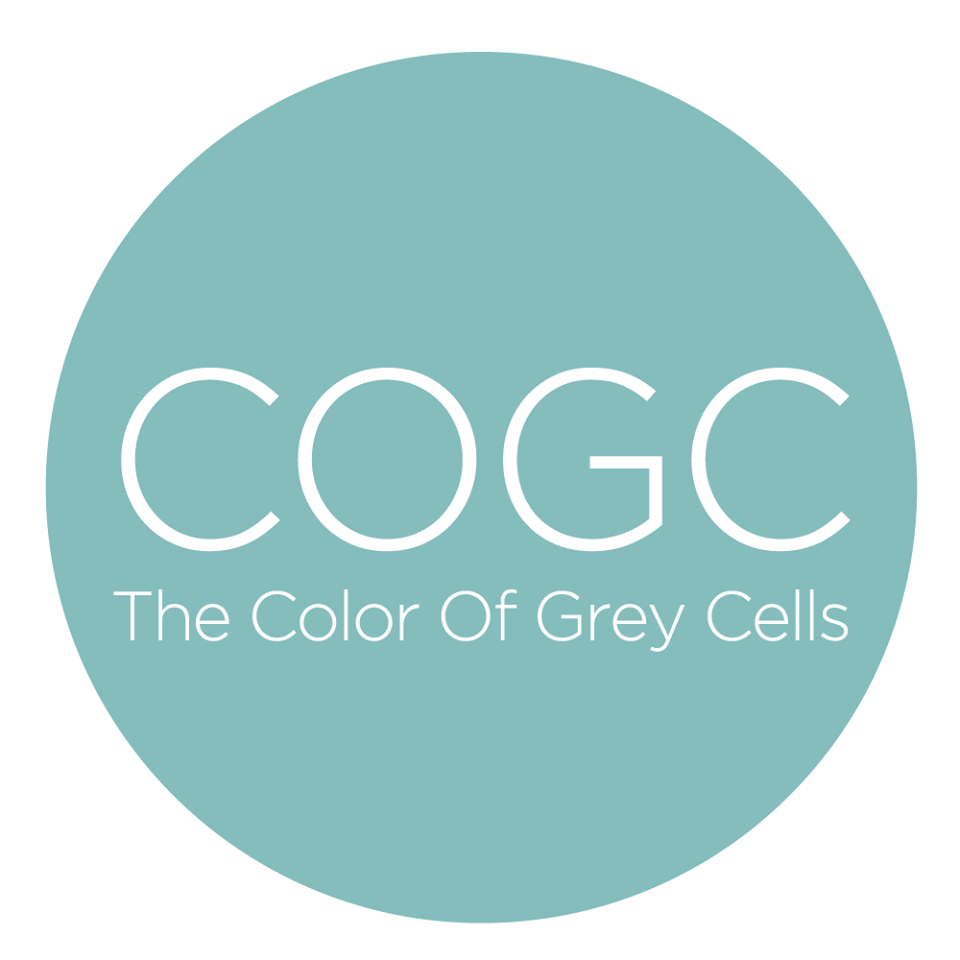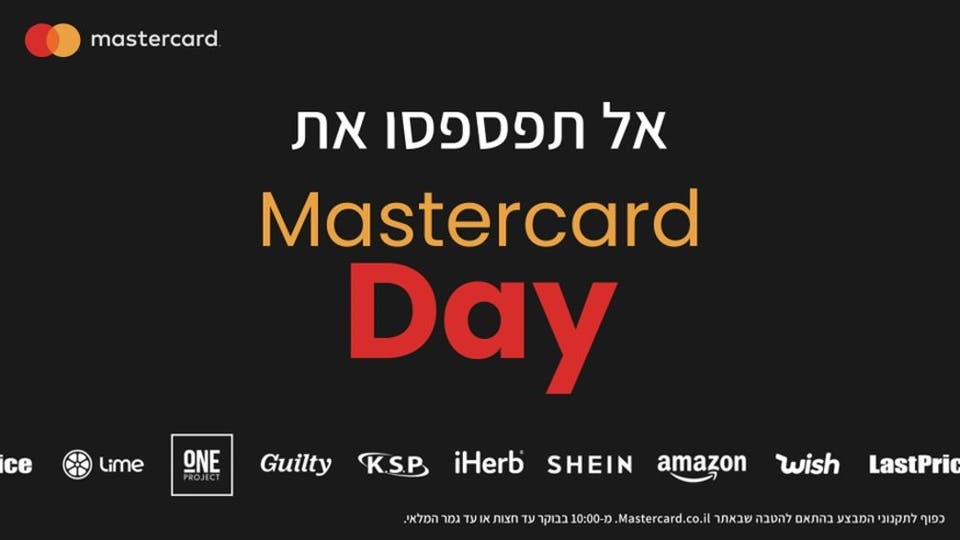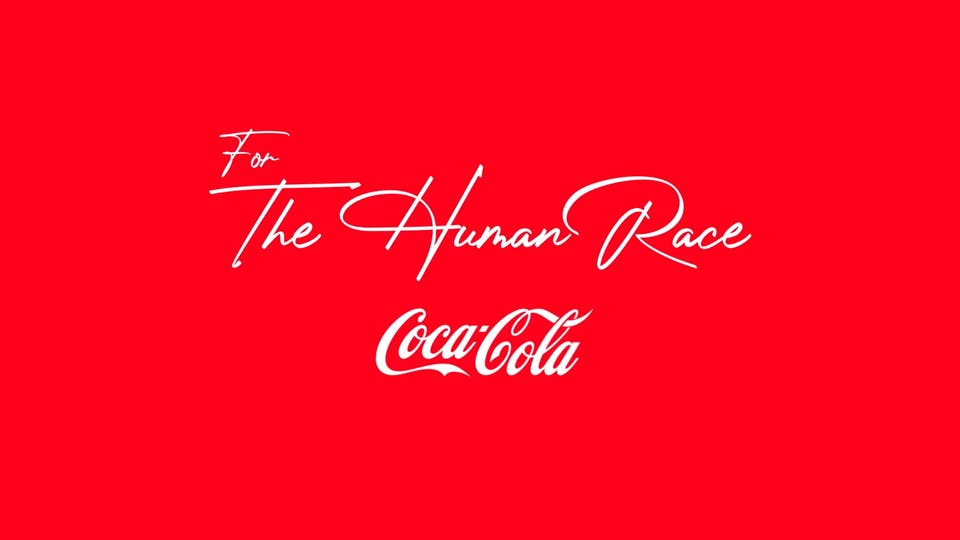

SDG3 target 3.4: By 2030, reduce by one third premature mortality from non-communicable diseases through prevention and treatment and promote mental health and well-being.
0
click through rate
Where: India
The challenge:
India is the suicide capital of the world. Around 135,000 Indians commit suicide every year, with suicide ranking as the most common cause of death for the age group of 15–39 years. Despite these numbers, mental health is still considered a taboo subject in Indian society and poor mental health is not discussed.
The Blue Whale Challenge, a viral online suicide challenge targeting teenagers set 50 tasks over 50 days, found a receptive audience and sadly became a social network phenomenon in several countries, including India.
The Indian attitude to mental health meant the reasons behind the impact and take-up of the suicide challenge were not explored or addressed; instead, there was a knee-jerk reaction, the so-called game was ‘banned’ and sensational misinformation around it spread like wildfire.
The Color of Grey Cells, a creative arts psychotherapy institution, wanted to find a way to encourage Indian adults to realise the connection between the ‘success’ of the Blue Whale Challenge and the reluctance to discuss mental health - and learn what they could do to help those in a fragile state.
The execution:
We figured out the best way to educate people was to leverage the attention the Blue Whale Challenge attracted and transform this curiosity into an informational tool for concerned parents. The result was Project Re-search - a series of Google search ads attached to ‘Blue Whale’ related keywords that changed a person’s Google search. We identified the top Blue Whale search keywords and only targeted ads to users that were above 18 years of age - in the hope of reaching parents who might be researching the "phenomenon" - with these keywords.
The ads led users to a landing page which introduced them to different mental health conditions that could lead sufferers to react to the challenge, like anxiety, depersonalisation, depression and bullying. This was then linked to another ‘Google search’ for each of those conditions so people could learn in greater depth about the symptoms and find advice and ways to help their children.
The results:
The campaign made use of the Blue Whale Challenge in a unique way to promote mental health awareness amongst adults. The ads received an 8% click-through-rate - almost triple of the Google average. Google data showed searches for six out of seven mental health related keywords have risen by at least by 15% and in some cases 100% - their highest ever volume in India. The initiative was crowdfunded to keep the ads running and succeeded in a smart and engaging way in helping educate adults about the problems of mental health in India.
Check out more inspiring examples of our work on SDG3.

KIA Israel: Full-funnel digital approach
Tackling a shortage-shaken market with efficiency

Mastercard Israel:
Launch of Mastercard Day
Developing a new growth engine to counteract the effects of the global COVID-19 crisis and leveraging the Mastercard brand in Israel to new heights.

1st for Women: 16 Days of Light
Diversity and inclusion

Merdeka LHS: The Coca-Cola Company
For The Human Race
"For The Human Race" celebrates resilience and stubborn optimism by showcasing true stories of real people bringing hope to humanity during the COVID-19 crisis.
